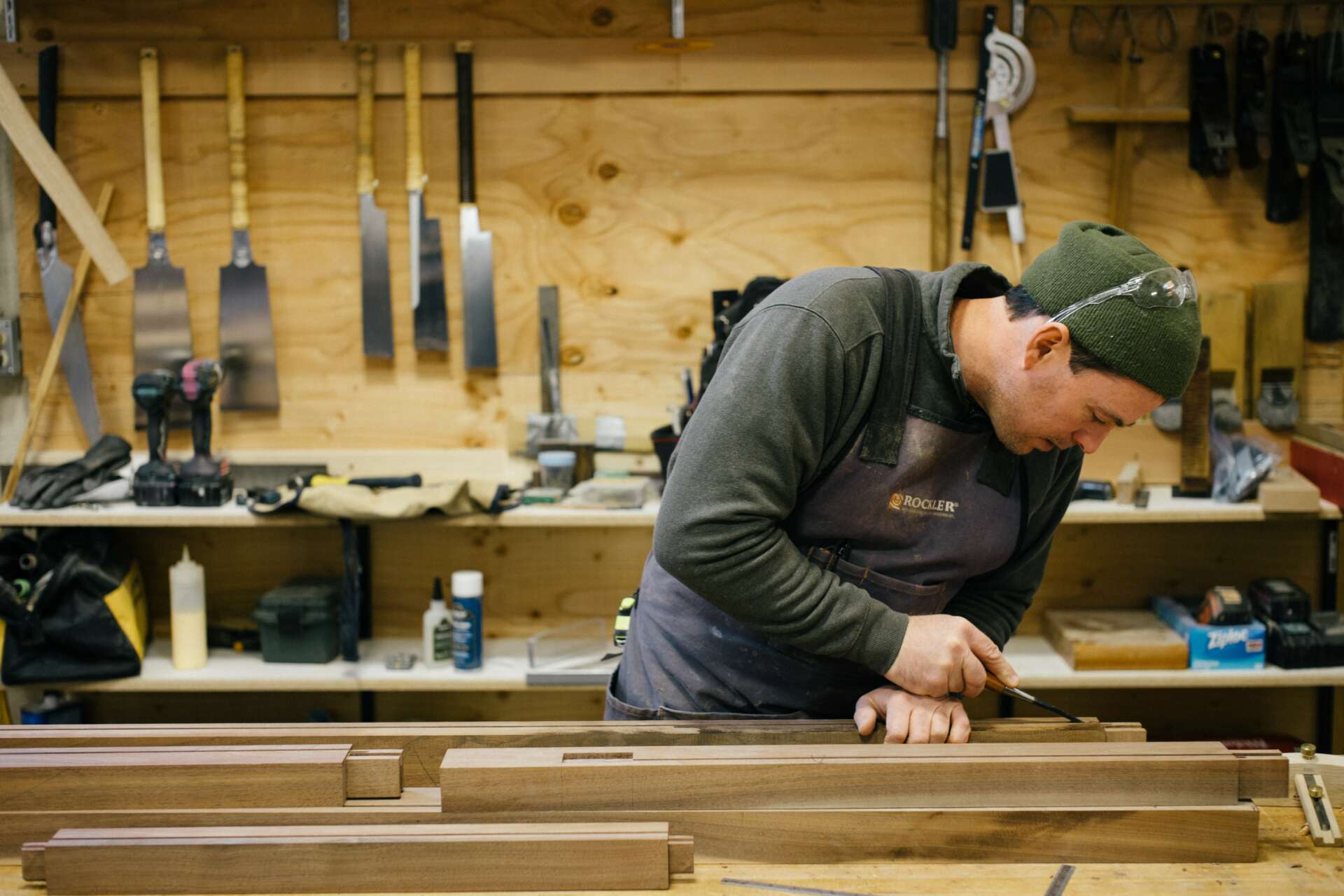We were lucky to catch up with Thomas Harvey recently and have shared our conversation below.
Thomas, thanks for taking the time to share your stories with us today Let’s jump to the end – what do you want to be remembered for?
There are several facets to the legacy that I want to leave, but they are all related. At the core is showing people truth and love. I desire to do work that takes people outside of themselves, Helps them to forget themselves. There are truths in this life greater than what we think and want, and being liberated from self is freedom. Our world is obsessed with self: self actualization, self identity, fulfilling potential, etc. In terms of our business, this means service that puts the needs of my clients at the forefront our relationship. It is my job to love them, which means seeking their long term best interest. In our designs and product, it means making something beautiful and serviceable, that people love and want to last, objects of value that transcends any of us as individuals. My view of beauty is that it conveys truth that is universal. Style is in the eye of the beholder, beauty reflects truth. Personally, I want to leave a legacy of leading others in knowing and understanding God, of being a good servant of Jesus Christ, and a steward of the good news of salvation. I want the people that I am around to know that they are loved and valued as individuals.
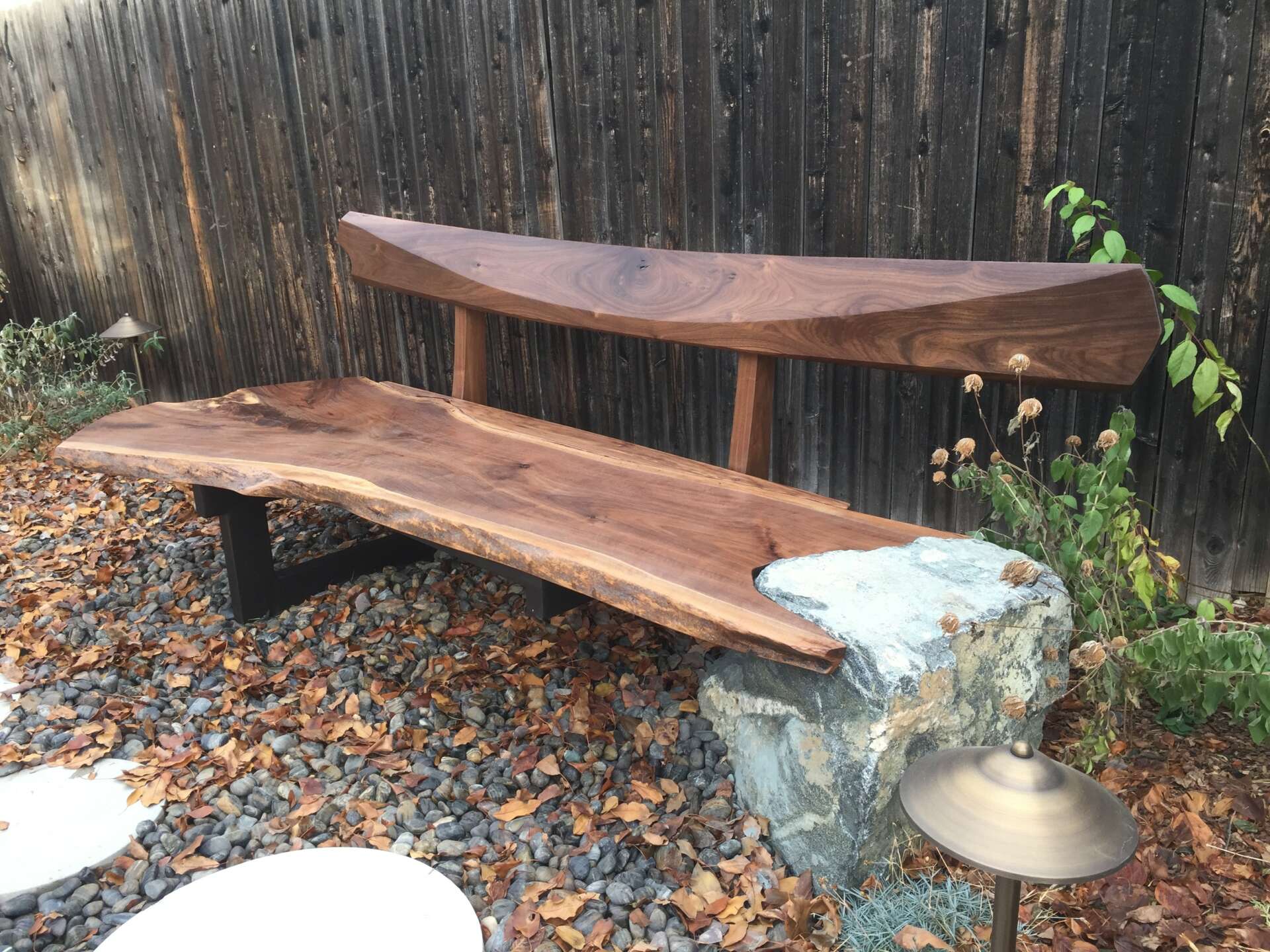
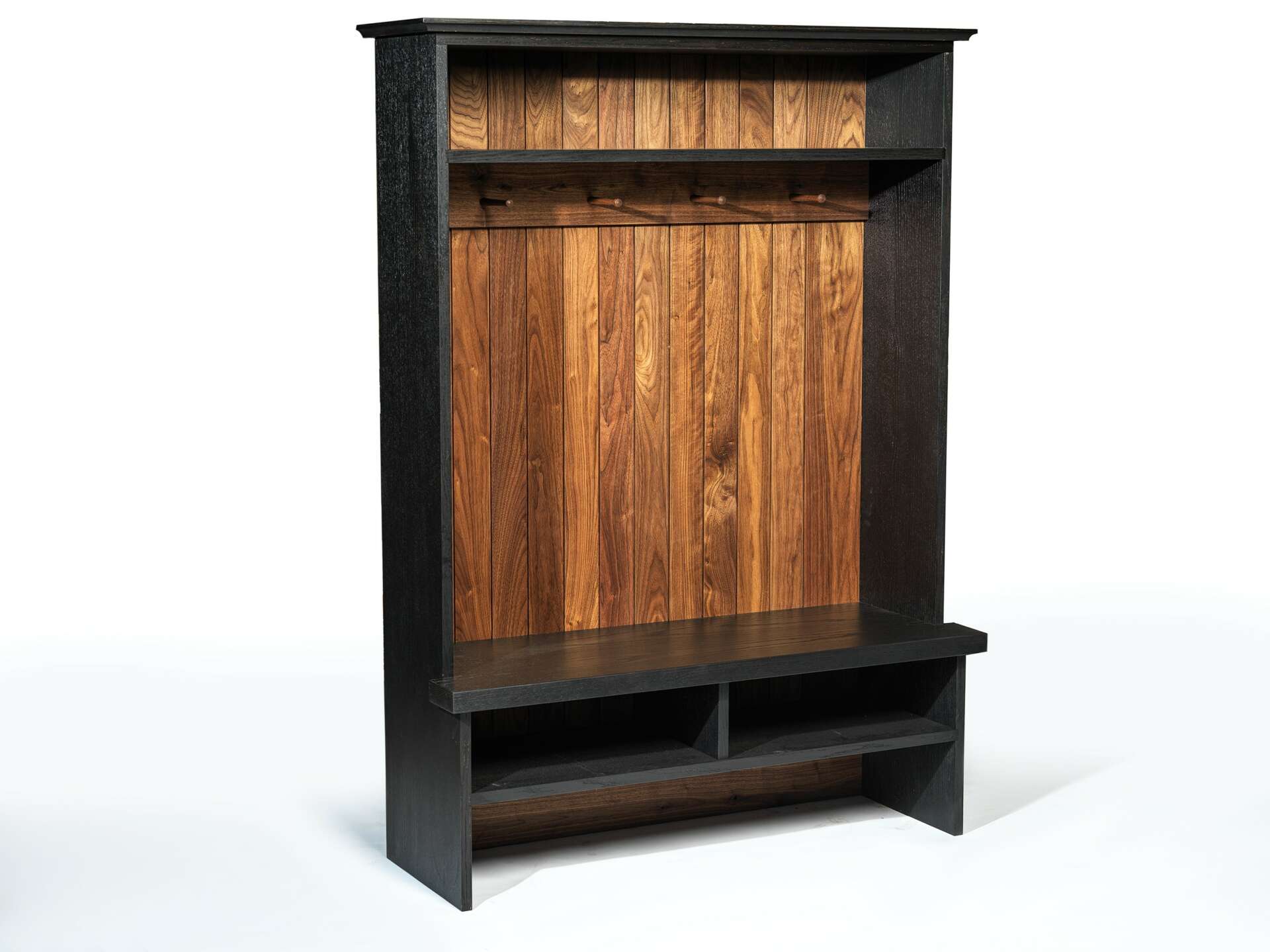
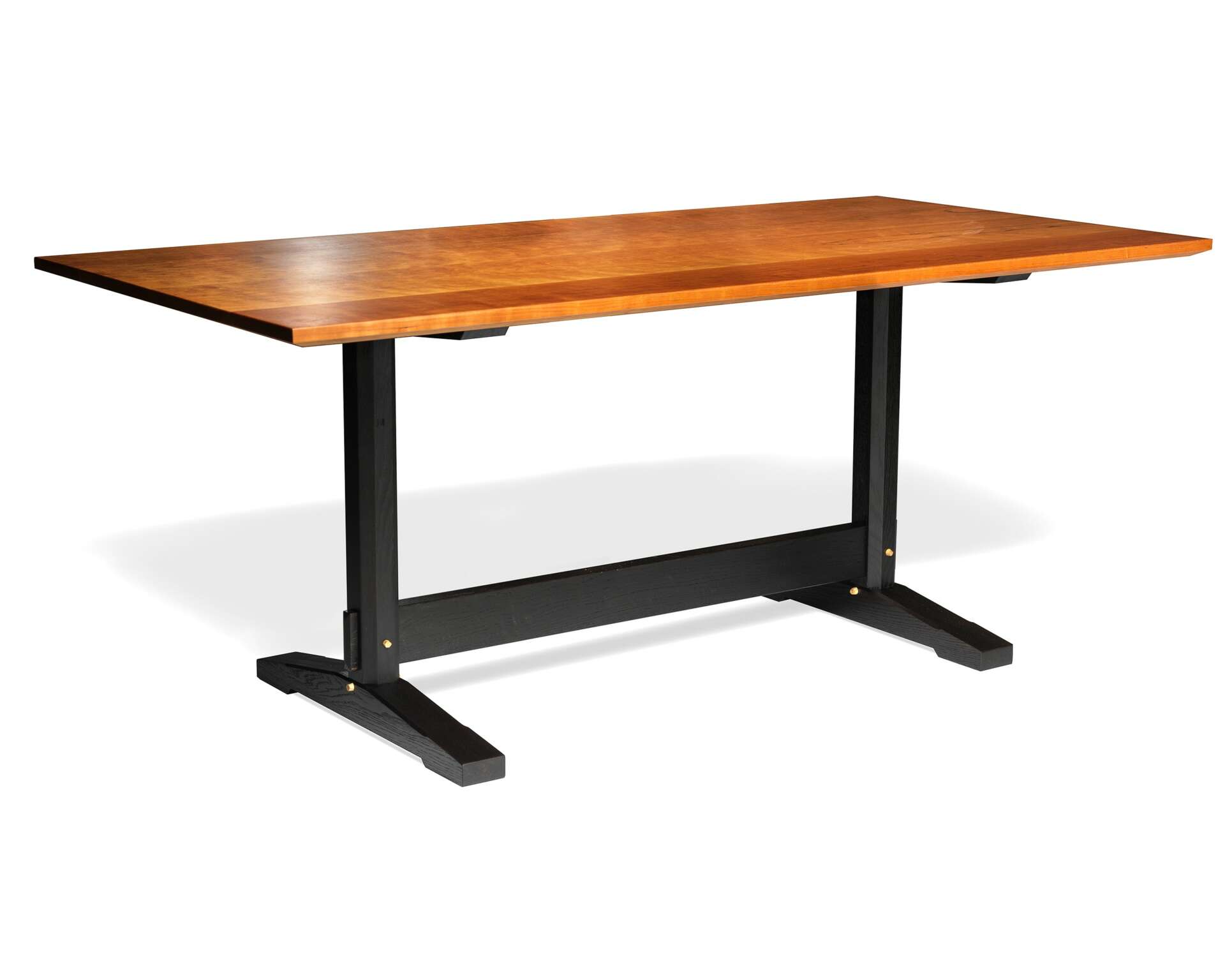
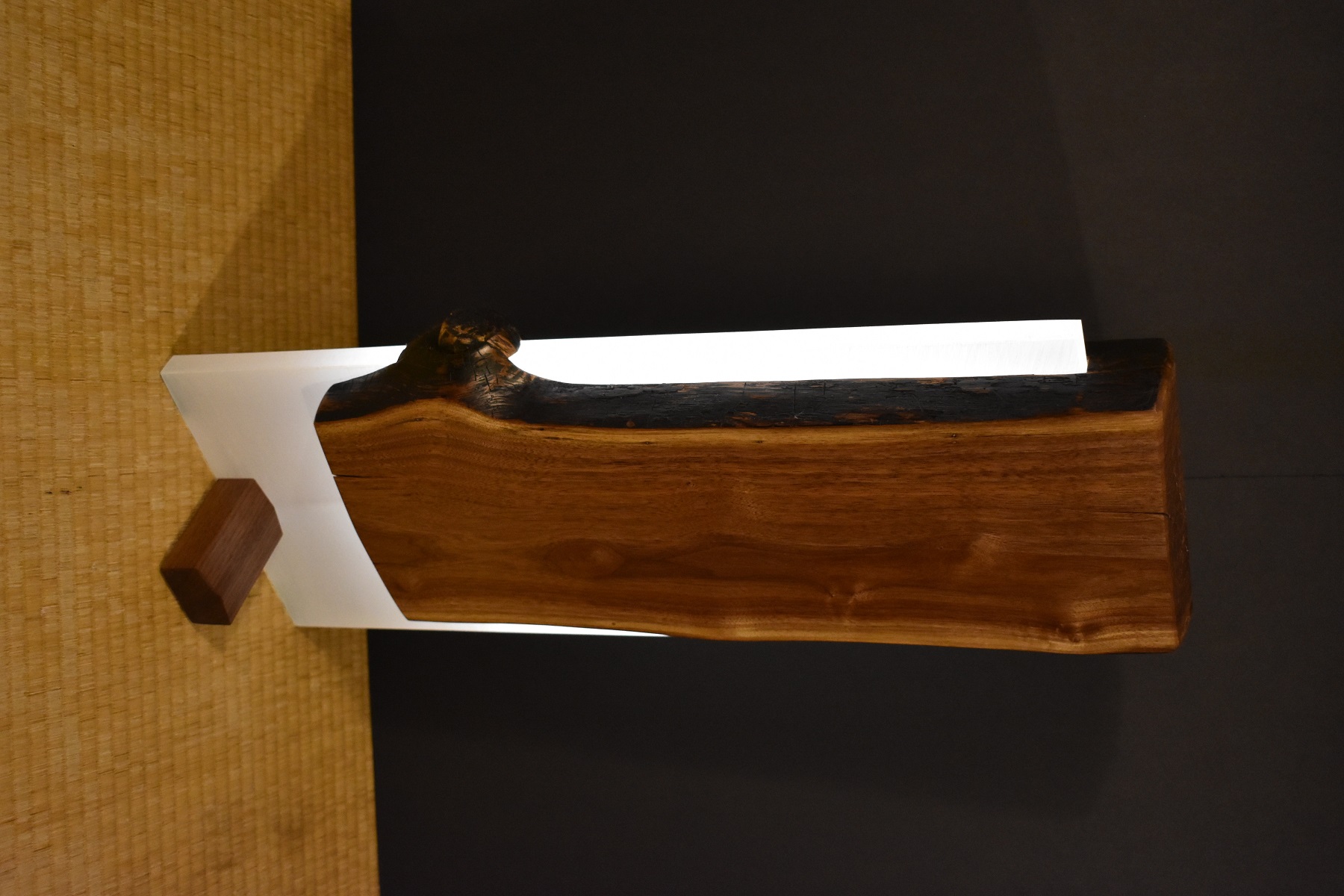
Awesome – so before we get into the rest of our questions, can you briefly introduce yourself to our readers.
I was the kind of kid who was always making something, figuring out how to do something with what was laying around. I have also been interested in the arts and built environment for as long as I can remember. This came into focus when I was in college. I had a teacher in the CSU art department, Bruce Davidson, who showed me what sharp steel and skill can do. It was a transformational moment. Later, studying industrial design, I fell in love with wood as a material, realized I liked making as much as designing, and never looked back. For me, the design and making are global, they are all just parts of the same process, not separate things. As for being in business, that has been a skill that I am still learning, but since I never even considered the alternative, I’m all in on that too. The main value of what we do is finding the purpose and intentions of our clients and making them into an object. Our desire is to delight people with beautiful wood objects. We have figured out that we are really good at making big, complex doors. We do things most shops are afraid of.
How about pivoting – can you share the story of a time you’ve had to pivot?
WE are in the middle of a big pivot right now. Our lease was up on the shop we were in last year, and we thought that we had a new space lined up. Unfortunately, the new shop fell through and we didn’t have time to find a new one. So we moved into two garages and a storage unit. This sounds pretty terrible, and it is not very efficient, but it showed me that I should move in the direction of owning our space. I had always wanted a shop at home, so now we are planning on building on our land in Conifer and toughing it out in the garage shops while we do it. What I initially viewed as a huge problem is turning into a blessing. God took me where I had always wanted to go, but couldn’t see how it was going to work until now.
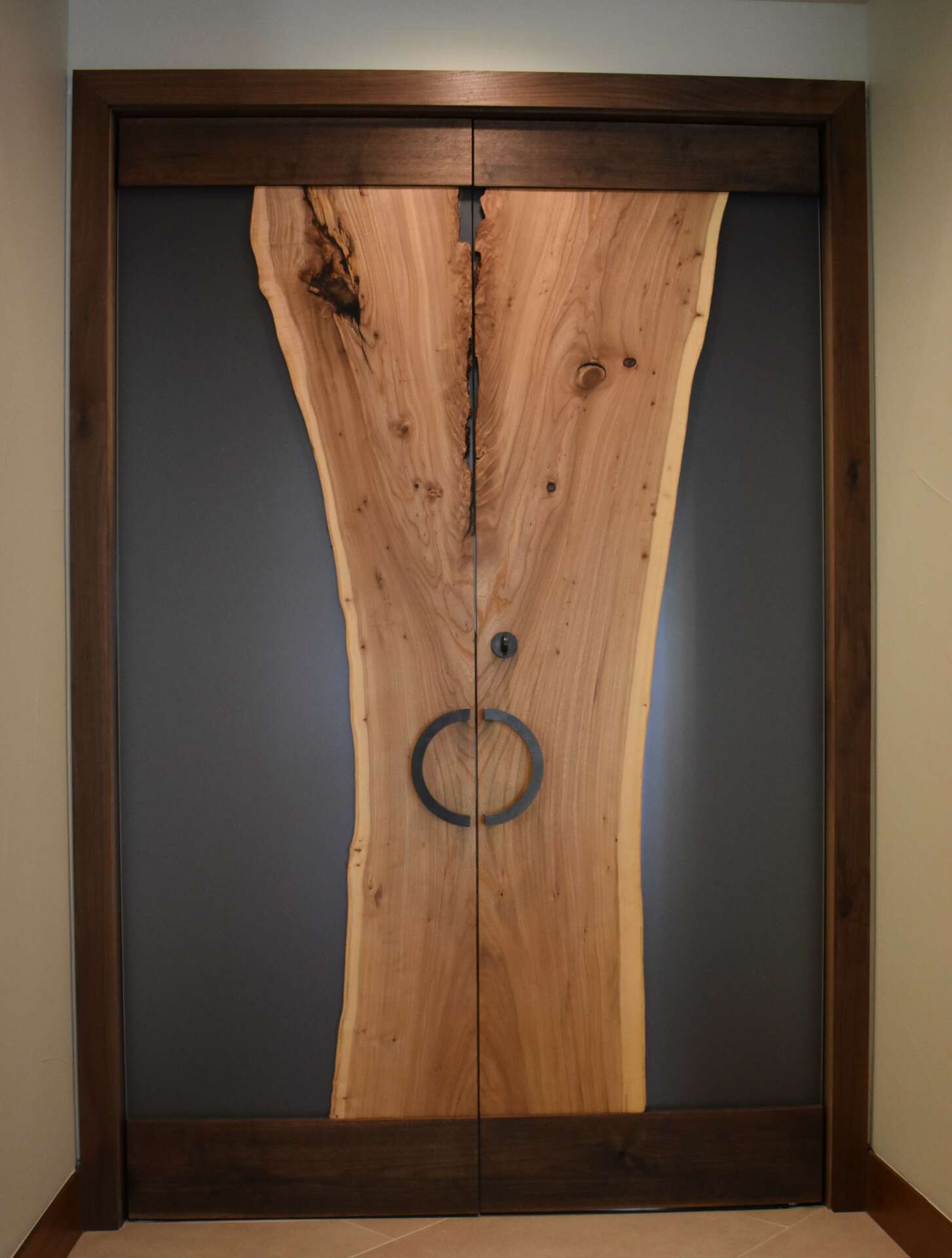
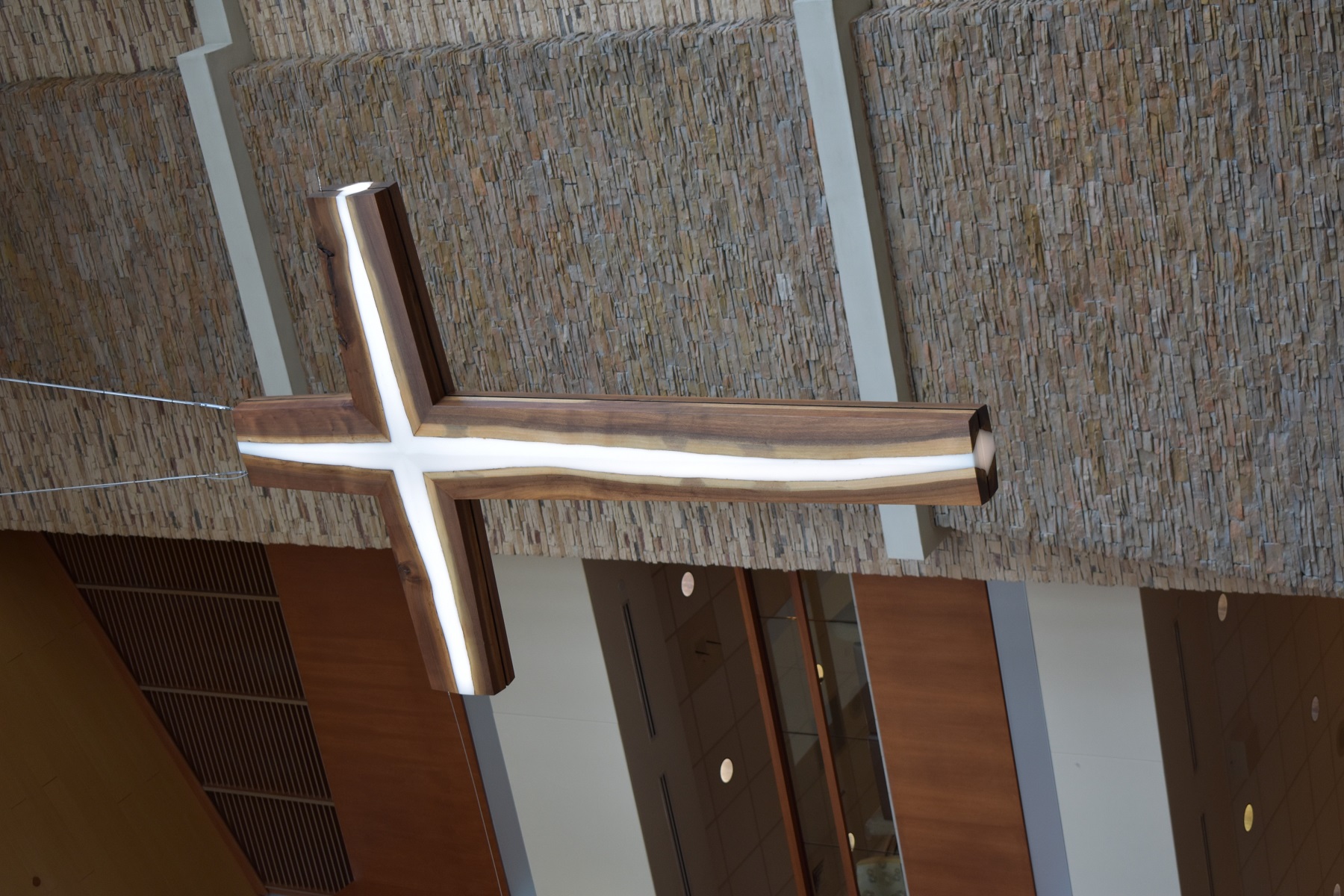
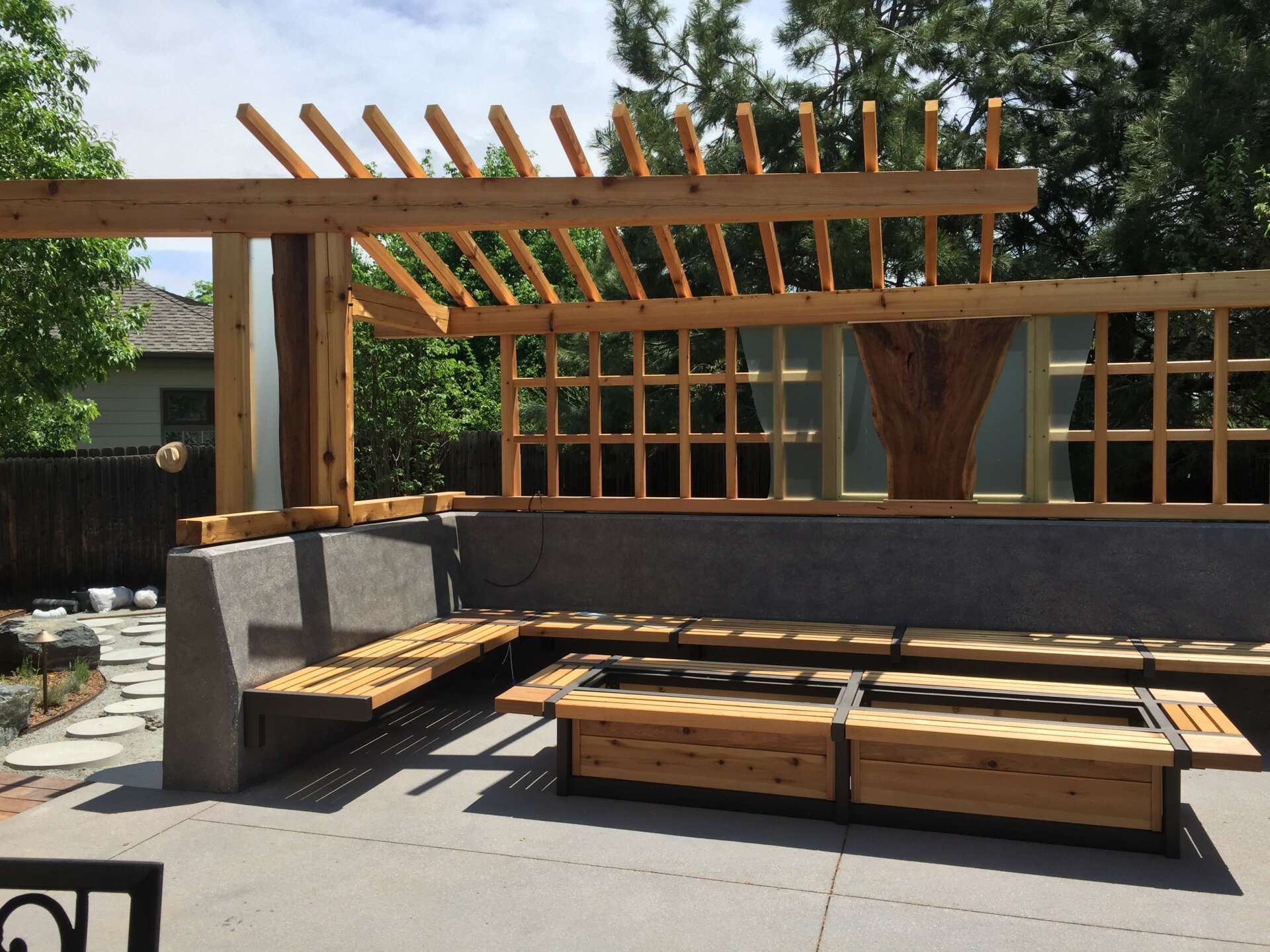
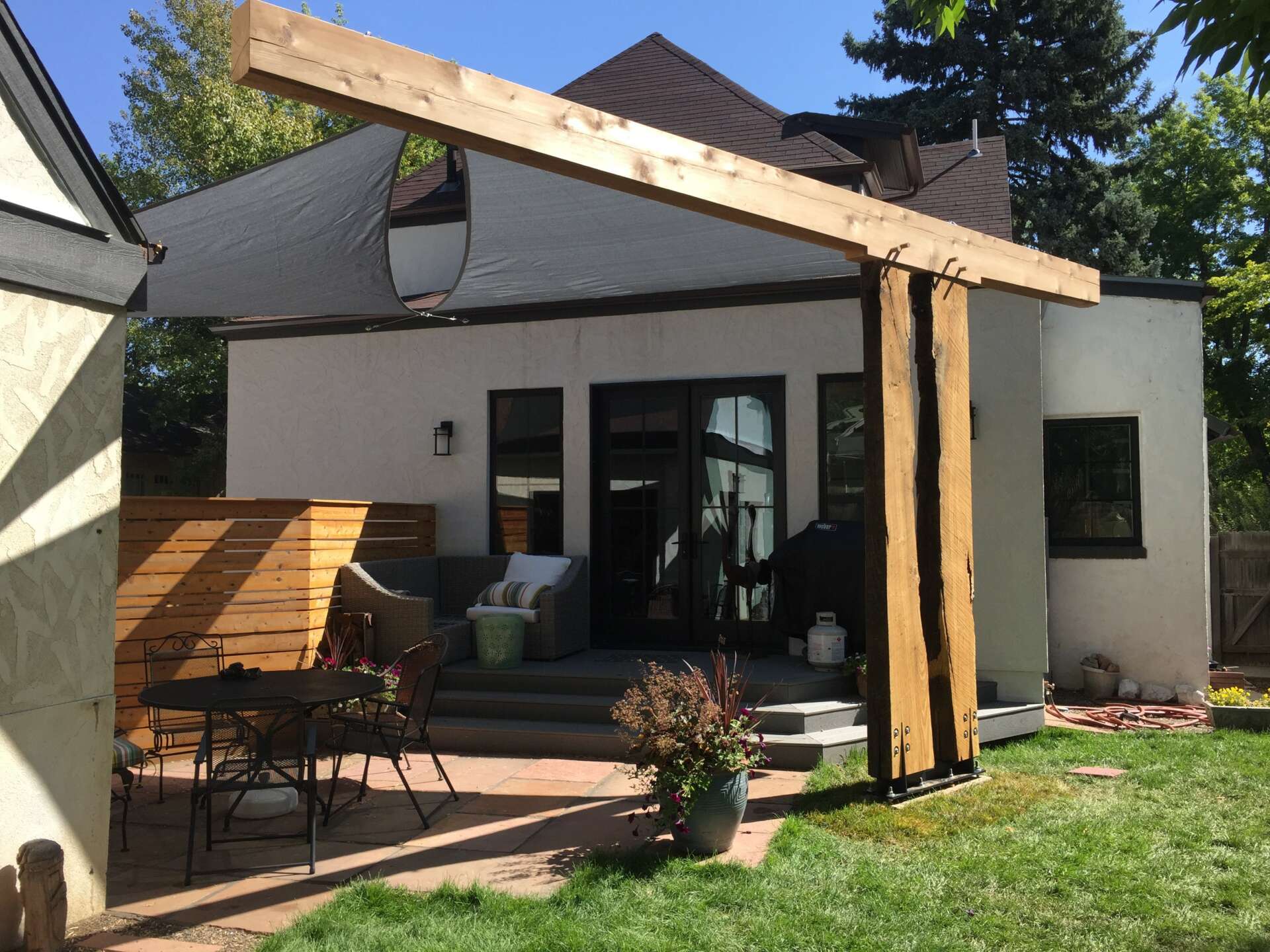
What’s been the most effective strategy for growing your clientele?
By far, the most effective strategy for growing a client base with a business like mine is to meet people and develop relationships. I work primarily for other professionals: interior designers, architects, contractors, etc., so I want to develop good long-term relationships. Everything else is in support of this. Social media, websites, ads, etc., are geared towards knowing who we work with, not one off sales. Even when I work with individuals and homeowners, I want to have a relationship that invites them to use and refer us with pleasure in the future. The best way to do this is to reach out and set up meetings. Talking face to face and getting up in their business so to speak. Of course, there is a predatory way to do this and a loving way to do this. Traditional sales can be very predatory, but we want to have relationships where they know and trust that we have their best interest in mind.
Contact Info:
- Website: earthwood.design
- Instagram: @earthwooddenver
- Linkedin: Earthwood Design
Image Credits
table and entry bench-Garlic Media personal photo-Michael Smith all others-Thomas Harvey


